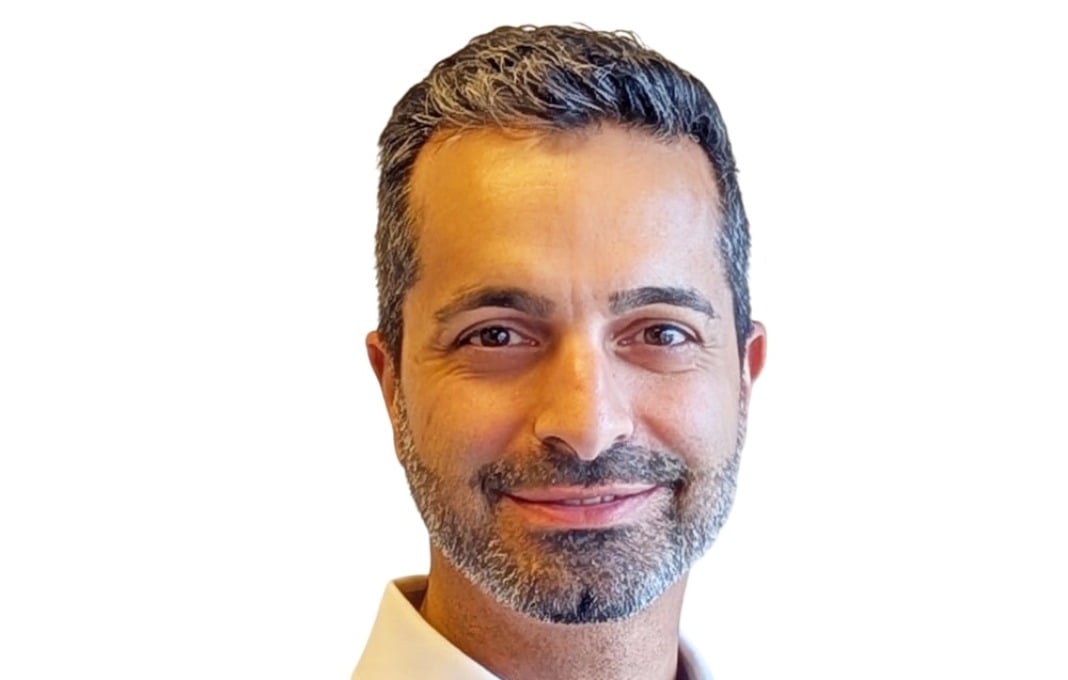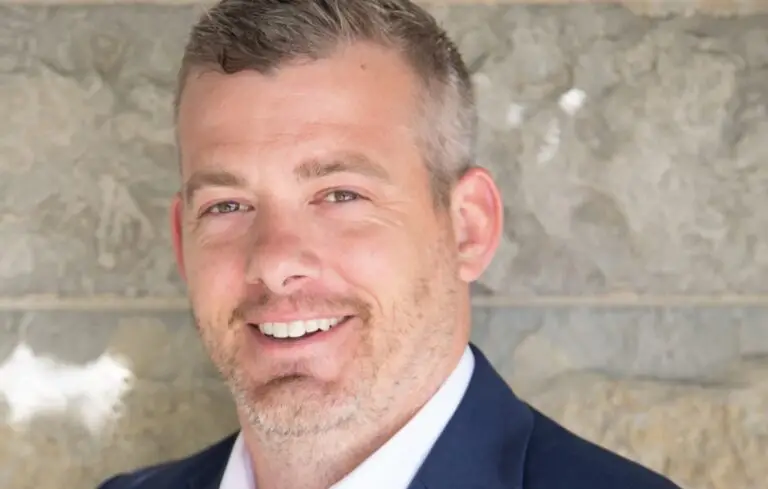For industries with high turnover rates, like construction, finding and retaining employees remains a continuous challenge.
Omar Rawji, president and CEO of Prism Construction based in Delta, British Columbia, has found a recipe for success: embracing a strong culture. “One sign we’re on the right path is how often other construction companies try to recruit our employees,” he says. “It tells me we must be doing something right.”
Rawji shares how he and his team have been able to retain A-team talent and the strategies they deploy to succeed in an ever-evolving industry.
What led you to the construction industry, and how has managing a construction company evolved over the past two decades?
Prism Construction is a family business, and I’ve been lucky to grow up in it. It’s something I’ve always been a part of, and it has certainly shaped me.
The management of a construction company, similar to all industries, has evolved and will continue to do so, especially when it comes to managing people. Today, there’s a greater emphasis on attracting talent, keeping people engaged and ensuring they feel fulfilled in their work. This shift has pushed us to raise our standards, not just in the quality of our work, but in how we care for and develop our team.
In the construction industry, we’ve seen additional red tape, and much of the long-term, hands-on knowledge isn’t passed down as easily as it once was. Finding and developing the right people to collaborate with and bring onto our team is one of the biggest challenges we face.
Our solid foundation of knowledge, deep roots and commitment to mentorship have helped us navigate these challenges successfully. One sign we’re on the right path is how often other construction companies try to recruit our employees; it tells me we must be doing something right.
Your website states, “The Prism approach: how building should be.” Tell us what that means and how it distinguishes your company.
When we say, “The Prism approach: how building should be,” we’re talking about how we operate every single day. It’s about treating each project as if it’s our own, and in many ways, it is.
One of our three core values is, “We take ownership,” and this is something we maintain across every level of our company. It means each member of the team, no matter their role, fully owns the work they do. They treat each project, task and challenge with a sense of personal responsibility, doing whatever it takes to find solutions and deliver the best outcome.
The foundation of our approach is built on strong, lasting relationships, especially with our clients. We’ve been in this business long enough to know that trust is everything, and our long list of repeat clients speaks volumes about the work we do.
When we kick off a design-build project, we’re upfront and realistic about budgets, costs and timelines. Our team is known for being transparent, providing realistic numbers and projections from the start. That honesty is part of why clients come back to us time and time again—because they trust us, and they know we’ll deliver on our promises.
The other key part of how we work is great communication. In a construction project, especially one that can last over a year, challenges, changes and obstacles are inevitable. Our job is to communicate openly and early, ensuring our clients always have a clear understanding of what’s happening. We work tirelessly to offer solutions, provide visibility and be tenacious problem solvers, keeping things moving forward no matter the hurdles that arise.
At the end of the day, the Prism approach is about more than just building structures; it’s about building trust, solving problems and creating lasting relationships. That’s how we believe building should be.
How do you foster that kind of collaborative culture and maintain a high-performing team?
The secret to fostering a collaborative culture and building a high-performing team starts with another of our core values: “We are humble.” This is not just a phrase we put on the wall; it’s something we live by. When we hire, we want people who are open to others’ ideas and viewpoints, not those who think they have all the answers.
Creating an environment where everyone feels comfortable speaking up is key. It’s not just about listening. We go one step further and encourage our team to actively seek out input from others. This openness and humility flows from the top of our company through leadership and into every department, building a foundation of trust and mutual respect that drives collaboration and performance.
We’ve found that when everyone brings their full selves to the table, the results speak for themselves.
The construction industry is increasingly facing workforce shortages. How are you mitigating this challenge? Are you working with local schools, government agencies and other stakeholders to attract more young people to the field?
We’re constantly working on ways to address the workforce shortage. We’ve focused efforts on hiring directly from schools such as the British Columbia Institute of Technology and the University of British Columbia, bringing in new graduates, training them and investing in their growth. Some of the people who came through that pipeline years ago are still with us today, and it’s been amazing to watch them grow into key roles.
We’ve also partnered with organizations such as the Immigrant Services Society of British Columbia, and the Progressive Intercultural Community Services Society, which both support immigrants. These partnerships have helped us tap into a broader talent pool and give newcomers a chance to build careers in the industry.
Additionally, we offer summer positions to local youth, including children of current employees. It’s been a way for us to provide mentorship and expose young people to construction early on, helping them develop a deeper connection to the field. It’s not just about filling roles; it’s about building relationships and ensuring we’re training the next generation of workers.








